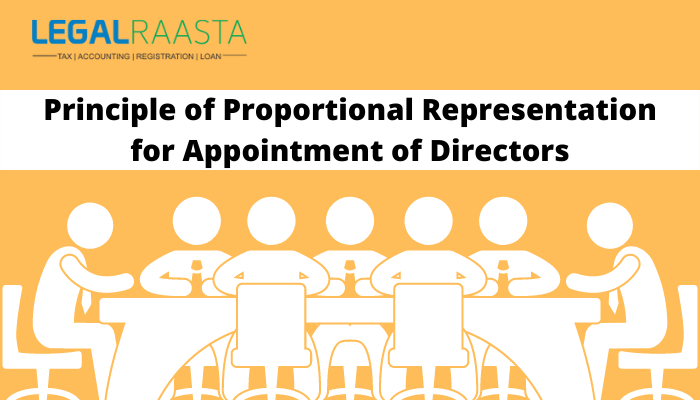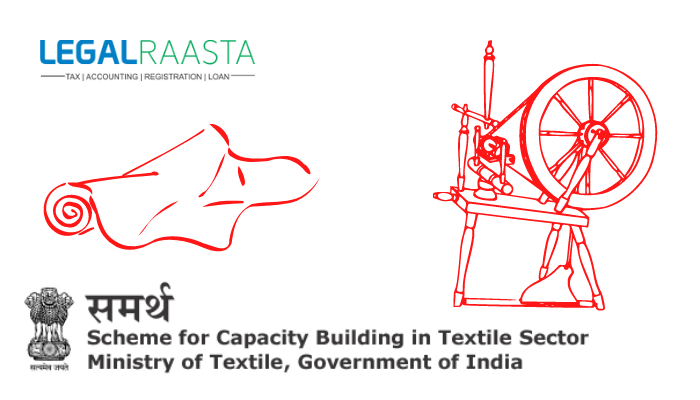Export Promotion Capital Goods (EPCG)
Under the Export Promotion Capital Goods (EPCG) plan, capital goods, including spares for pre-production, production, and post-production, can be imported duty-free if an export requirement of six times the duty saved on the capital goods is met within six years following the Authorization issue date.
Manufacturer exporters with or without supporting manufacturer(s)/vendor(s), merchant exporters with supporting manufacturer(s), and service providers are all covered under the EPCG scheme. A service provider who is designated/accredited as a Common Service Provider is likewise covered by the Scheme (CSP).
The bearer of an EPCG authorization can export directly or through a third party (s). Except for considered exports, export proceeds must be realized in freely convertible currency. Until the export obligation is fulfilled, capital items imported under the EPCG plan will be subject to the Actual User condition. Under the EPCG program, the applicant’s export obligation must be met through the export of commodities manufactured or services rendered.
There are two types of mandatory export obligations.
- First, the average level of exports obtained by the authorization holder in the prior three licencing years for the same and similar items throughout the total export obligation term, including any extended period, if any, in which the export requirement is above and above. The arithmetic mean of export performance for the same and similar products over the previous three years would be such an average. Second, the Authorization holder must complete a minimum of 50% export obligation in each block of years – the first block is 4 years and the second block is 2 years – with the Specific Average being 6 times the duty saved amount.
Royalty payments made in freely convertible currency, as well as foreign exchange obtained for R&D services, will be counted against EPCG discharge. A holder of an EPCG Authorization can also purchase capital goods from a domestic manufacturer. Under the FTP, such a domestic manufacturer will be entitled for a presumed export benefit. EPCG Authorization holders have the option of upgrading current capital goods imported under the EPCG Authorization to a higher level of technology. The EPCG system forbids the import of second-hand capital items.
- There is a provision for early redemption to encourage fast-track companies to accelerate exports. If the Authorization holder has fulfilled 75 percent or more of specific export obligations and 100 percent of Average Export Obligation to date, if any, in half or less than half the original export obligation period specified, the remaining export obligation shall be condoned.
- By the 30th of April of each year, the holder of authorization must submit to the RA concerned a report on the performance of the export obligation.
- For each year of extension sought, the scheme allows one or more requests for grant of an extension in the export obligation period in exchange for payment of a composition fee equal to 2% of the proportionate duty saved amount on unfulfilled export obligation or an enhancement in export obligation to the extent of 10% of total export obligation imposed under the authorization, as the case may be, at the exporter’s discretion.
- The first extension in the EO period can be for up to two years.
Extension of the EO term beyond two years may be considered, under the condition that the authorization holder pays 50 percent of the duty payable in proportion to the unfulfilled export requirement to Custom authorities before the RA involved endorses the extension on the EPCG permission. In such circumstances, there is no need to pay a composition fee or impose additional EO. If the company is still unable to satisfy the export obligation, the duty already paid will be subtracted from the total duty due, as well as the interest due for EO default.
If an EPCG permit holder fails to meet his export obligations, he must pay Customs duties as well as interest as determined by the Customs department. EPCG permission holders can also use this service to exit at their leisure. In addition, the EPCG Scheme provides for a special EO of 75% of the usual Export Obligation for the export of Green Technology Products. The system also includes Post Export EPCG duty credit scrips, which are accessible to exporters who want to import capital goods after paying all applicable duties in cash.
Furthermore, particular EO will be 25% of the EO for units in Arunachal Pradesh, Assam, Manipur, Meghalaya, Mizoram, Nagaland, Sikkim, Tripura, and Jammu & Kashmir.
Under the EPCG Scheme, capital goods are permitted.
Spares (including reconditioned/refurbished), fixtures, jigs, tools, moulds, and dies are among the capital goods allowed under the Export Promotion Capital Goods Scheme. Furthermore, under the EPCG Scheme, second-hand capital goods may be imported without regard to their age.
Importation of capital goods required for the manufacturing of export-oriented products stated in the Export Promotion Capital Goods Authorization is permitted at a concessional/nil rate of duty under this Foreign Trade Policy (FTP) scheme. This strategy, which is part of the Foreign Trade Policy, enables for the technological advancement of indigenous industries.
Authorizations for Export Promotion Capital Goods (EPCG) are issued by the licencing body – the Director General of Foreign Trade (DGFT) – based on a certificate provided by an independent chartered engineer.
EPCG Program Benefits
EPCG is designed to promote exports, and the Indian government uses it to provide incentives and financial assistance to exporters. This clause may favour heavy exporters. However, it is not suggested to proceed with this program if you do not expect to manufacture in large quantities or sell your products solely within the country, as it may become nearly difficult to meet the scheme’s commitments.
EPCG License
A fundamental need for obtaining a License under the EPCG Scheme is to submit an application to the Director-General of Foreign Trade’s licensing authority. The relevant documentation, as well as the corporate and personal information, must be linked to the application.
- Extension of the time limit is something to keep in mind.
- The time restriction can be extended in rare circumstances where the exporter has sufficient evidence/proof that the conditions preventing him from meeting the deadline were beyond his control.
- In the event of non-compliance, there will be a penalty.
- If a license holder under the EPCG program fails to meet the specified export obligation, the licensee is responsible for paying the customs dues plus 15% interest per year to the customs authority.
- Importing and exporting products in the Domestic Tariff Area (DTA)
- Only this business can sell goods in the Domestic Tariff Area if the exporter fulfils his export obligations on time.
- EPCG plan provides IGST and Compensation Cess exemptions.
- Merchant exporters must pay IGST and claim a refund under the Goods and Services Tax regime. The DGFT has revised the FTP (Foreign Trade Policy) by issuing Notification No. 54/2015-20, which extends the IGST and Compensation Tax exemptions under the EPCG Scheme until October 1, 2018. This approach will provide much-needed assistance to exporters who are experiencing difficulties with GST refunds.
Documents Required For EPCG License
The licensing authority — the Director-General of Foreign Trade (DGFT) – is the issuing authority. ANF 5B must be completed with self-certified copies of the following documents:
- Codes for Import and Export (IEC)
- Certificate of Registration as well as Membership (RCMC)
- Signature on a computer
- Tourism Department Registration Certificate Pan Card Excise Registration (if registered)
- GST Certificate of Registration Proforma Invoice
- Self-Certified Copy + Original of Chartered Accountant Certificate
- Self-Certified Copy + Original of Chartered Engineer Certificate
Related posts










